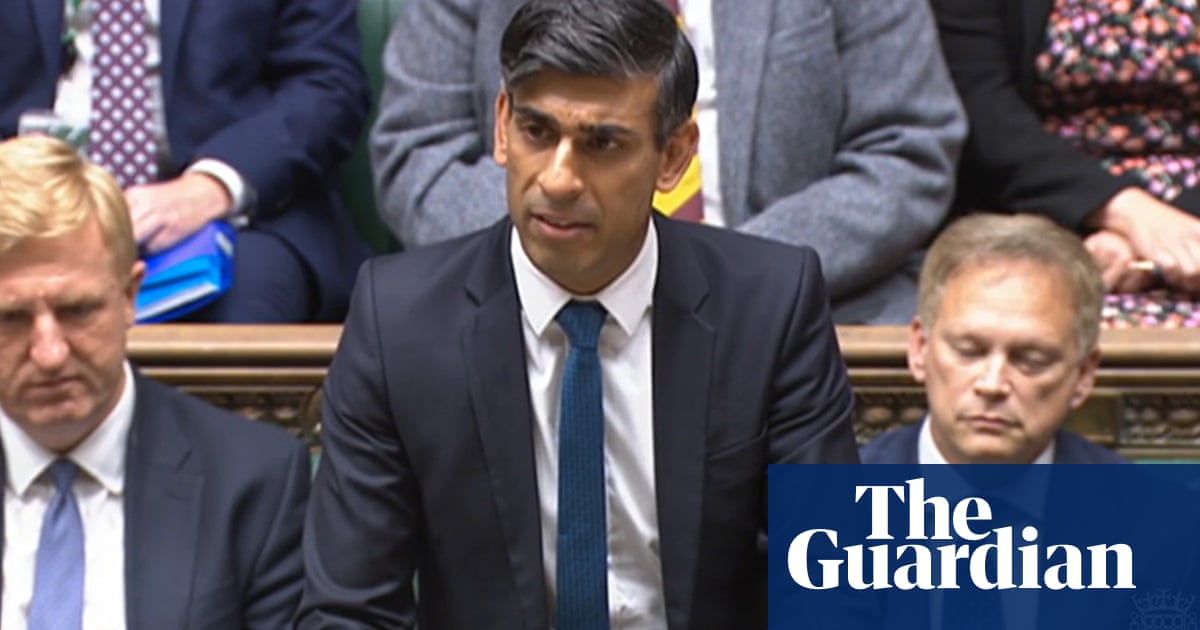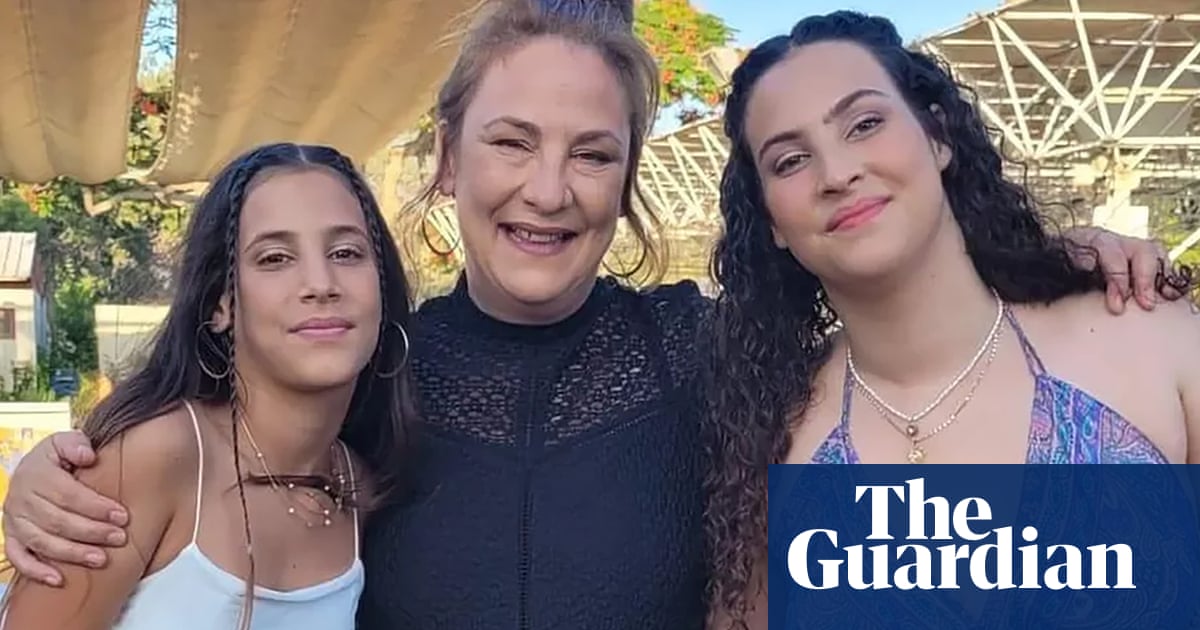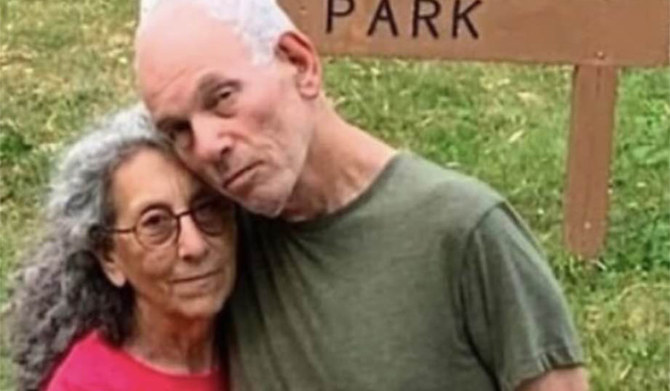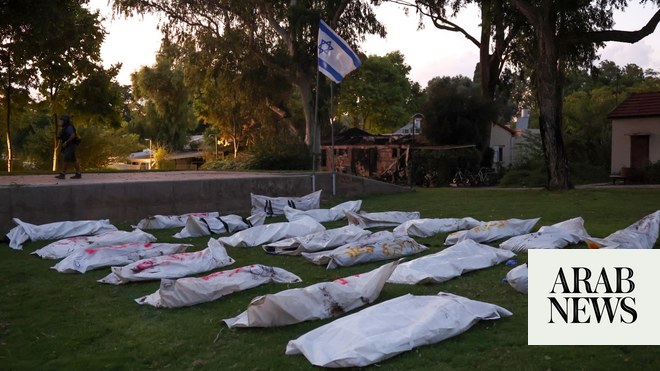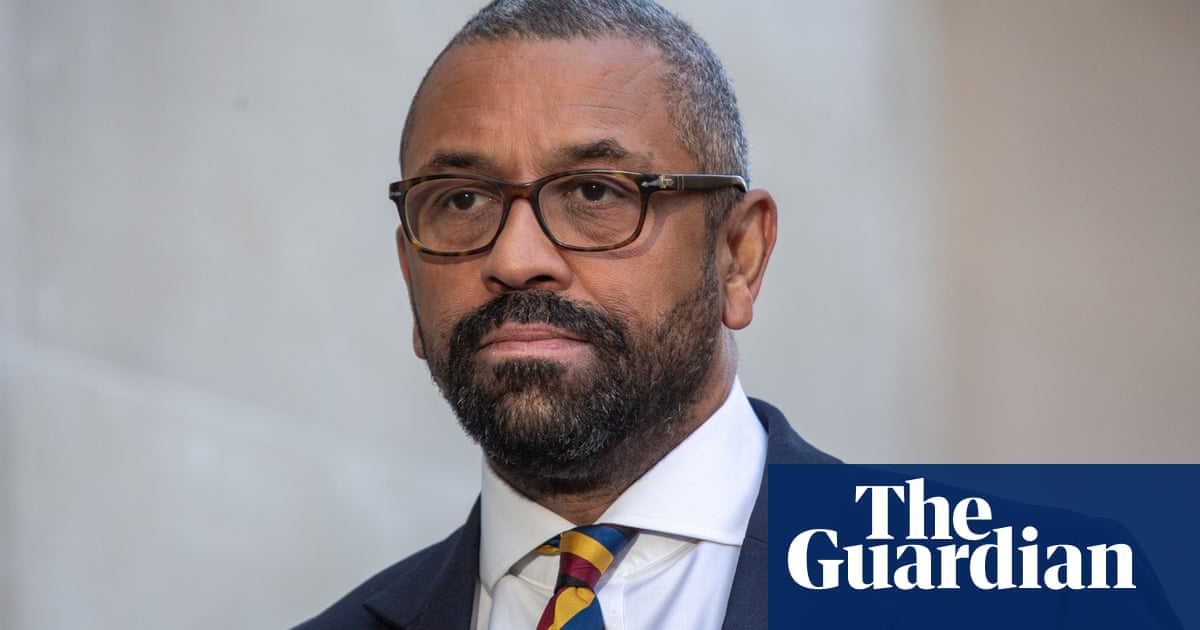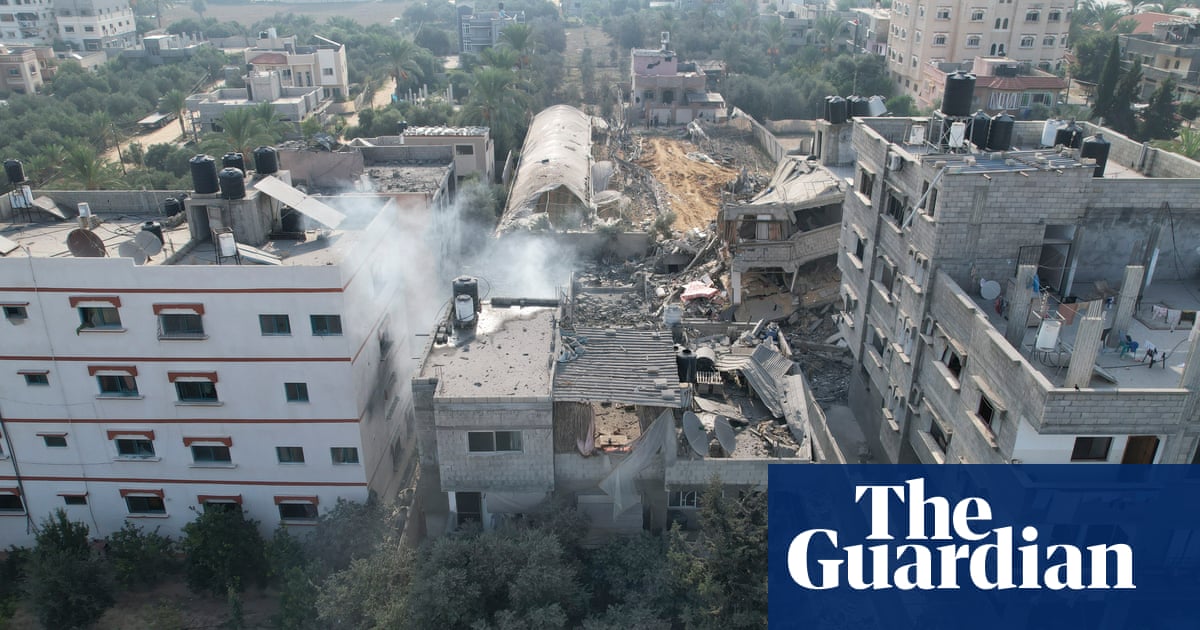
At least 12 British nationals have been killed and five are suspected to be among the hostages being held by Hamas, No 10 has said.
The updated figures emerged after Victoria Atkins, the financial secretary to the Treasury, had told Sky News it was a “very, very fast-moving situation” and that she understood the number of British citizens killed to be 10, with six being held.
The prime minister’s official spokesperson later told reporters: “To clarify, as I think the minister did herself later on, we can confirm at least 12 British nationals were tragically killed in last week’s terrorist attacks.
“A further five British nationals are missing.” He said he could “not be more specific” on the number of UK nationals the government thought could be being held by Hamas.
London-based Sharone Lifschitz, who flew to Tel Aviv after her mother, Yocheved Lifshitz, 85, was one of two hostages released by Palestinian militants on Monday night, said her father, Oded, 83, was still missing. Of her mother, she told the BBC: “She seems OK.”
Footage showed that as her mother was handed over to the Red Cross by one of her captors, she briefly turned to shake his hand and said “shalom”, Hebrew for “peace”.
Her daughter told BBC Radio 4’s Today programme: “I’m so proud of her – she is amazing. Just the way she walked off and came back and said thank you was quite incredible to me. It’s so her.”
She added: “She’s very sharp and she’s very keen to share her information with the families of the other hostages. We must, must, must work towards the release of everybody.”
She said there was no news of her father, a campaigner for the rights of Palestinians who speaks Arabic and who regularly drove people from Gaza to Israeli hospitals, and her mother had not been held with him.
“I want to think that he is going to be OK. I know from my mum, she says that they have been looked after and there was a doctor there, so this brings a lot of comfort to everybody that there is some treatment.
“We have so many people that we lost, my community has been going to several funerals every day. It’s a little ray of light. But there’s a huge darkness as well.”
The community had not begun to process its grief, instead living day to day, she said.
She believed peace could still be achieved. “I think we have to find a way, because there is no alternative. If anything, it makes me more resolved to think we have to find a way,” she said.
“The way has got longer. Our capacity to understand what has happened to us, the level of atrocities was just phenomenal. We as a community, it’s hard to see how we survive and how we grow and how we come back. There are huge questions which are so complex. We are dealing with the grief and with the loss and on a level that – we lost so many people, it’s not something we can ever get over. But as nations we will have to find a way forward.”
Later at a press conference in Tel Aviv, Yocheved Lifshitz told how she was kept in a “spider web” of tunnels underneath Gaza by Hamas militants during her captivity.
Sharone Lifschitz, translating for her mother, told the press conference: “She was taken on the back of a motorbike, with her legs on one side and her head on the other side. Then she was taken through the ploughed fields with the men in front, on one side, and a man behind her. And while she was being taken she was hit by sticks.
“Until they reached the tunnels. There they walked for a few kilometres on the wet ground.
“There is a huge network of tunnels underneath – it looks like a spider web.”




